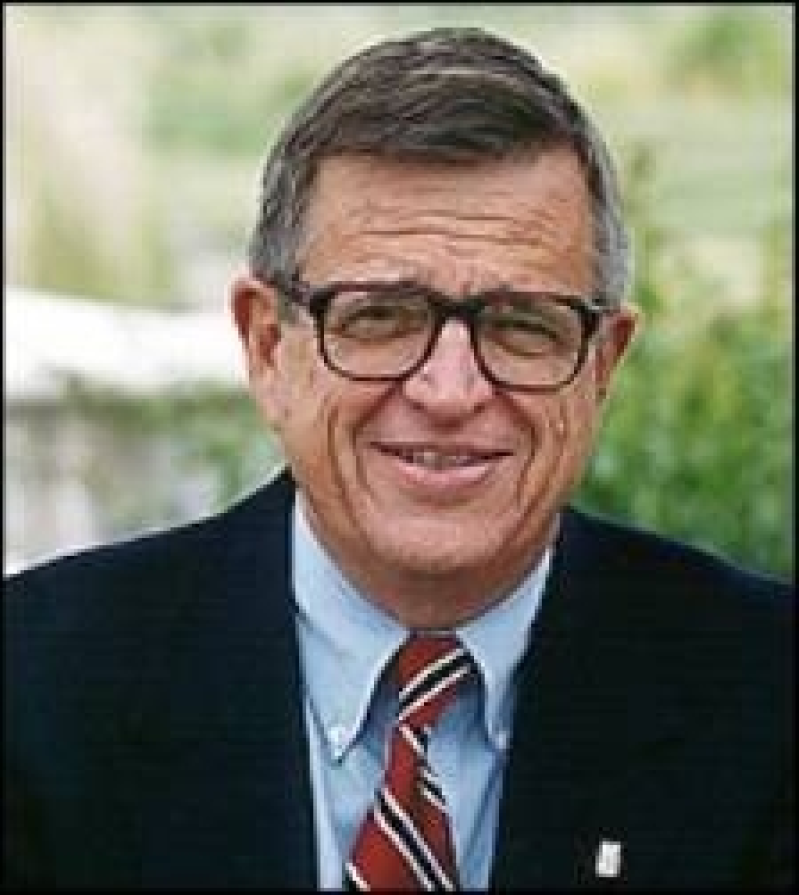
To drill or not to drill may be the hottest issue in Congress this month and this fall’s political campaign. Drilling supporters argue it will lower gas prices. Opponents claim it poses too many environmental risks—and besides, they say, paying $4 per gallon for gas is good for us because it will force us to develop alternative energy sources.
So what’s the answer?
Christians need to weigh the arguments—and find a balanced approach. Of course, we care for the creation; we are stewards, as the Bible commands. But our highest priority should be looking out, not for the planet, but for people, and especially the poor.
Nobody feels the pain of high gas prices more than working-class and poor Americans. High gas prices are also driving higher food prices, which really pinch poor families. America’s environmentally correct elites may be able to afford $4 a gallon for gas and $4.50 per gallon for milk—the poor and working folks cannot.
Sure, we must conserve, and develop alternatives to oil. But in the meantime, the costly “lessons” the elites want to teach us are being borne on the backs of the poor, and are shaking the world’s economy. All the while we have ample oil reserves offshore and in Alaska which would enable us not to be held hostage by Middle East tyrants.
Why do radical environmentalists seem so indifferent to the poor? It is a matter of worldview. If you deify nature instead of God, if you believe humans are just another species of animal with no greater moral status than a kangaroo rat—well, you don’t have to worry much about the poor or marginalized. But if you believe God created humans in His image, and gave each one of us a unique and privileged place within His creation, then your concern for the poor far outweighs concerns for nature—especially speculative concerns like global warming.
If you are a Christian, you also see humans as producers and stewards, not as consumers and polluters. And while secular environmentalists fear that too much economic freedom will damage the Earth, the reality is the opposite: Countries with the greatest economic freedom eliminate pollution much more quickly than less free countries. That’s because economic freedom lifts people out of poverty, and once out of poverty, they begin taking better care of their surroundings.
Whether we drill need not be an either/or choice between people and the planet: In an excellent book titled Environmental Stewardship in the Judeo-Christian Tradition, published by the Acton Institute, 25 Jewish, Protestant, and Catholic thinkers argue that sound environmental stewardship “must attend both to the demands of human well-being and to a divine call for human beings to exercise caring dominion over the earth.” But we are to be good stewards of the environment first and foremost because it is good for human flourishing—not as an end in itself. Human well-being and the integrity of creation, they write, “are not only compatible but also dynamically interdependent realities.”
Throughout Scripture, God repeatedly condemned His people, not for despoiling the pristine wilderness, but for forsaking the poor and needy. Is this not His same message to us today?
_______________________________________________________
From BreakPoint®, September 9, 2008, Copyright 2008, Prison Fellowship Ministries. Reprinted with the permission of Prison Fellowship Ministries. All rights reserved. May not be reproduced or distributed without the express written permission of Prison Fellowship Ministries. “BreakPoint®” and “Prison Fellowship Ministries®” are registered trademarks of Prison Fellowship







